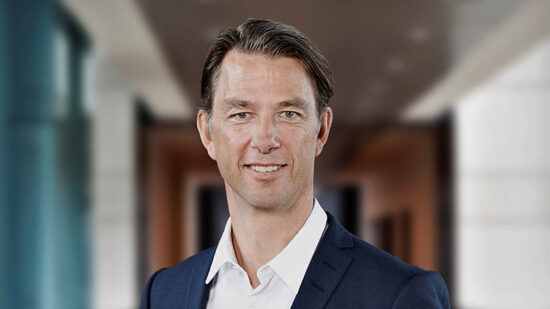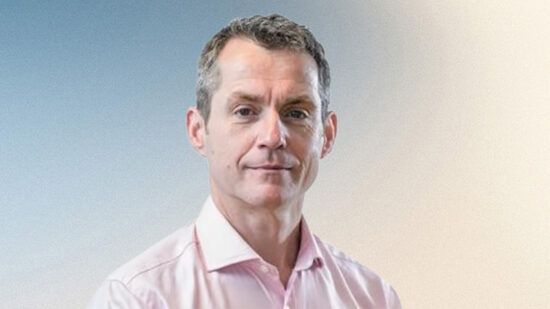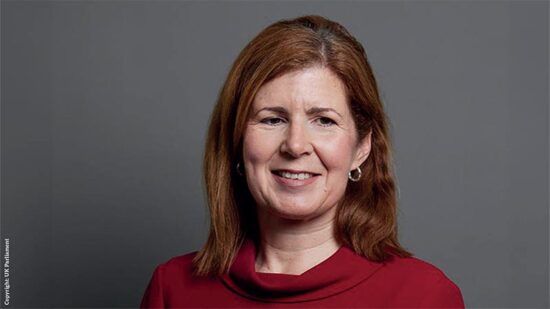As the dust settles on the finance industry’s most ambitious climate coalition yet, some of the biggest names on Wall Street have remained conspicuously absent.
Among the key holdouts is the world’s No. 1 private equity firm, Blackstone Inc., which leads a parade of buyout behemoths, including Apollo Global Management Inc. and KKR & Co. Inc. None of the three has signed up to a pledge unveiled during COP26 to eliminate CO2 emissions and help avoid catastrophic planetary overheating.
The Glasgow Financial Alliance for Net Zero lists most of the titans of banking, insurance and asset management in the developed world. Still struggling to resurrect their images after the 2008 crisis, the biggest names in global finance lined up in early November to declare they’d do their bit to help fight climate change. JPMorgan Chase & Co., Citigroup Inc., BlackRock Inc. and Goldman Sachs Group Inc. were among the roughly 450 to add their names to the dotted line.
The achievement was touted as a “watershed” moment by Mark Carney, the co-chair of GFANZ, who spent the better part of a year trying to persuade as many finance bosses as possible that they couldn’t afford to ignore this movement. The group he managed to bring together represents a show-stopping $130 trillion in assets, proving, according to Carney, that global finance is positioning itself to land on the right side of history.
The private equity industry was also wooed by GFANZ, according to a spokeswoman for the alliance, which is co-chaired by Michael R. Bloomberg, the owner of Bloomberg News parent Bloomberg LP.
GFANZ has “engaged with firms right across the entire global financial spectrum,” the spokeswoman said. And the alliance is still urging those on the sidelines “to join the race to zero and work with their peers, scientists, the UN, and NGOs to accelerate the transition to a net zero global economy,” she said.
Evaluating Options
A few small PE firms have joined GFANZ’s sub-alliances, including Stonepeak and Earth Capital. Brookfield Asset Management Inc., which includes a private equity unit and of which Carney is vice chair, is also part of the initiative.
But as of late November, the biggest names in the industry hadn’t joined. Aside from Blackstone, Apollo and KKR, Carlyle Group Inc. and TPG also have abstained so far. Spokespeople for Blackstone, Carlyle and Apollo declined to comment when contacted by Bloomberg. A KKR spokeswoman said the firm is “currently evaluating future public commitments related to net-zero pledges,” without elaborating.
A TPG spokesman said the firm is “considering” joining. He pointed to the already “lower carbon sectoral focus” in TPG’s portfolio and said it’s “most focused” on investing in “businesses that will generate the carbon reduction technologies needed to achieve the aspirations of the Paris Accord.”
Ironically, private equity is better suited than most to live up to net-zero goals. The industry tends to hold “large or controlling ownership stakes,” which is a level of influence that is “much harder to achieve in the public markets,” said Mary Nicholson, head of responsible investments at Macquarie Asset Management.
Representatives of private equity firms who spoke on condition of anonymity said the main thing holding them back was an inability so far to come up with credible plans to eliminate their carbon footprints by 2050. Many also pointed to their existing climate plans which, though not specifically targeting net-zero emissions by mid-century, took meaningful steps toward reducing financed emissions, the people said.
It’s an argument that the sovereign wealth fund industry, which is mostly owned by petro-states, has also latched on to in an effort to explain its almost complete boycott of GFANZ.
Climate activists have also voiced skepticism about GFANZ, but for different reasons. They warn that there aren’t any built-in mechanisms to police whether signatories are actually living up to their pledges. And some worry that members are using the alliance as a branding exercise, without being held to account.
“The big question here is around how effective all these alliances and commitments will be: Are they being built in order to pursue the best available scientific standards for decarbonization or are they simply intended to let financial services firms look like they are taking action on climate issues while holding themselves to a lower bar,” said Sophie Flak, managing partner and head of ESG at French investment firm Eurazeo SE in Paris.
Net-Zero vs the Rest
But few environmentalists contest the importance of targeting net zero.
In a criticism of holdouts earlier this year, former United Nations climate chief Christiana Figueres questioned those “taking advantage of the opportunities resulting from the low-carbon transition” as an investment strategy, without committing to net zero. “Given the gravity of the climate crisis, this is no longer sufficient,” said Figueres, who presided over the 2015 Paris accord.
According to Eurazeo, the more net-zero holdouts there are, the smaller the likelihood of success.
“For a project like GFANZ to succeed, all the major players need to commit to reaching net zero emissions and building Paris Accord-aligned decarbonization road maps,” Flak said. “This most certainly includes private equity.”








